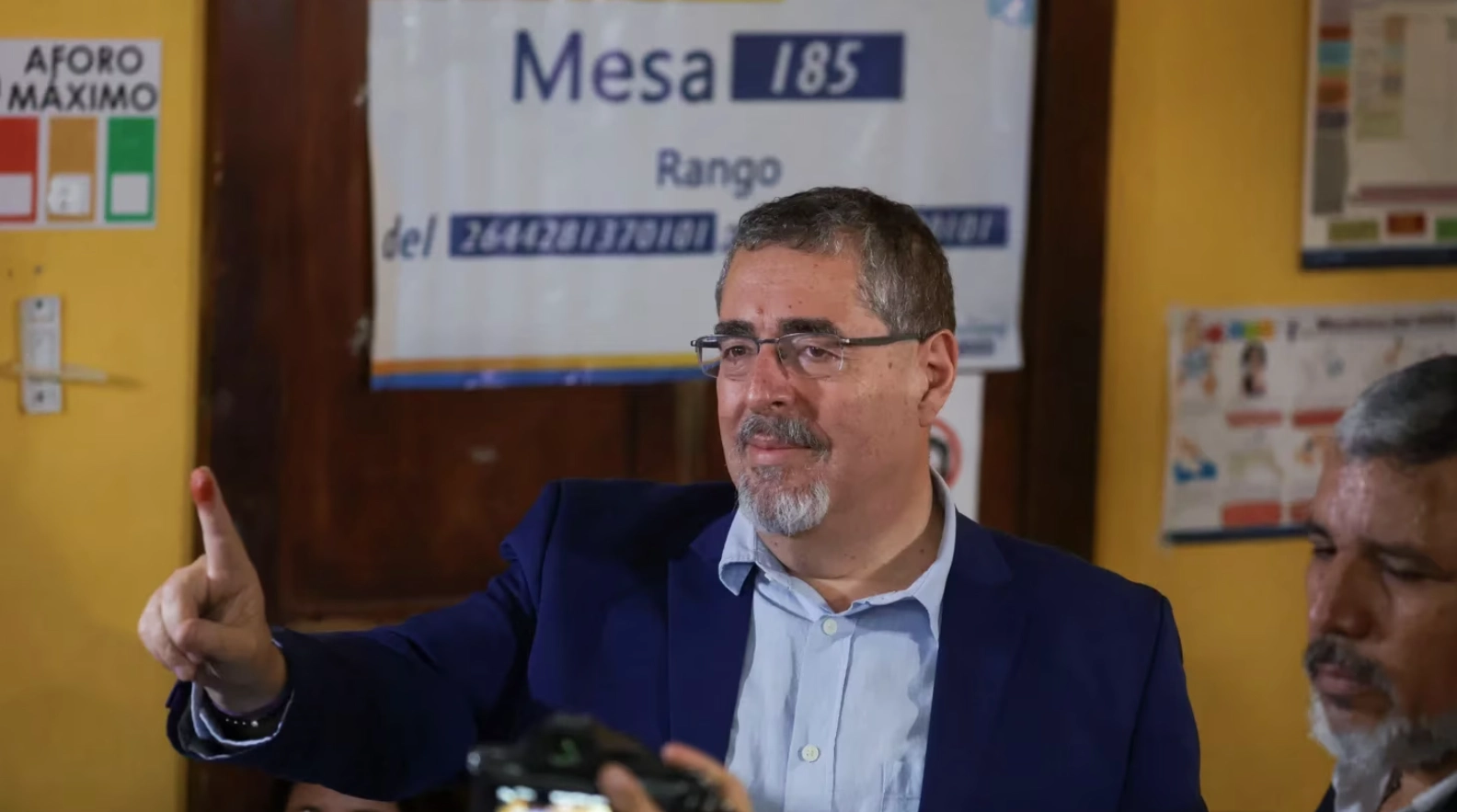Coauthor Francisco Sánchez
On Sunday, August 20th, Ecuador and Guatemala held general elections in a context of violence, insecurity, and strong public discontent. These processes, of great significance for both countries, introduced crucial issues to the political agenda of the region. Among the notable matters are insecurity, the Bukele model as a solution, and the emergence of political actors capable of capitalizing on citizen dissatisfaction.
The second-round elections in Guatemala saw Bernardo Arévalo, one of the founders of the progressive party Movimiento Semilla that emerged after the social protests that shook the country in 2015, emerge as the winner. Arévalo won with a significant lead in votes (21 points) over the former first lady, Sandra Torres, representing the conservative party Unidad Nacional de la Esperanza (UNE), who was attempting for the fourth time to reach the presidency.
After winning the presidency with 58% of the votes, Arévalo will take office in January and his main challenge will be to confront a corrupt political and judicial system that has dragged the Central American country into a deep democratic crisis.
Meanwhile, Ecuador held early general elections. These polls were advanced due to the activation of the constitutional mechanism of “cross death” by President Guillermo Lasso, an attempt to evade a political trial that jeopardized his mandate. These elections were marked by political violence orchestrated by drug trafficking following the assassination of presidential candidate Fernando Villavicencio.
The winners of the elections were Luisa González (33.38% of the votes), a left-wing candidate backed by the Correism, and Daniel Noboa (23.61%), a candidate of the National Democratic Action (ADN) alliance, a wealthy businessman with little political experience who was the surprise of the elections. As no absolute majority, or 40% with at least a 10-point lead over the second candidate was achieved, the second round of elections will take place on October 15th. The elected president, along with the new Congress, will assume office on November 30th, concluding Lasso’s term in May 2025.
As anticipated, both electoral processes provide a series of lessons that need to be taken into account. Firstly, both victories hide medium-term weaknesses, where the necessity of forging agreements between the Executive and the Legislature becomes a pressing but complex need that exposes the peculiar characteristics of the party competition models in the region’s democracies. This feature, combined with the presidential system that allows presidents to be elected without sufficient parliamentary support, results in political scenarios prone to destabilization.
Although Arévalo’s victory was solid, his government is destined to be weak. His party holds merely 23 out of 160 seats in a legislative body where traditional parties, led by the conservative Vamos party of outgoing President Alejandro Giammattei and the UNE of Sandra Torres, hold the majority.
In Ecuador’s case, the percentage of votes obtained by Luisa González confirms that Correism has a very loyal core vote that has endured over the years. However, these numbers reveal that Correism possesses a clear weakness heading into the second round. Nevertheless, whoever wins the runoff and takes up residence in the Carondelet Palace, from December of this year until May 2025, will once again face a fragmented Parliament.
In this manner, once again, there will be an elected president and a potential president who will have to govern without having a majority in the legislature to implement their ambitious reform projects. Conflicts between the two branches are constant in both countries, leading to institutional paralysis or postponement of policy approval. The confrontation with the National Assembly prompted President Lasso to call for early elections after having only managed to pass three bills in three years.
The lack of legislative majorities is supposed to be offset by agreements between strong parties; however, another lesson from these elections is that the two countries in question have highly volatile and unstable party systems. Thus, it’s necessary to broaden our perspective to understand highly volatile party systems and stop seeing them as a problem, but rather as just another characteristic.
Another interesting lesson from these elections is that the Bukelism trend, which seemed to be gaining momentum, did not prevail. While it’s true that the noticeable increase in insecurity and Bukele’s image in El Salvador and internationally placed that issue on the agenda, the winning candidates of the elections have prioritized a more social and less punitive agenda. In this sense, both Ecuador and Guatemala, two countries unequal not only in terms of social and economic status but also ethnically, prioritized these concerns over “tough-on-crime” policies to tackle insecurity.
Lastly, it’s worth highlighting the victory of candidates who have managed to capitalize on citizen discontent with the widespread corruption of the political system, compared to traditional party structures or those with a more solid political foundation.
Francisco Sánchez is Director of the Ibero-American Institute of the University of Salamanca.
*Translated by Ricardo Aceves from the original in Spanish.













